One of my early childhood memories, and my first memory, really, of grief, was the death of my grandfather, my mother’s father. He had recently retired when he became ill, and it was found that he had cancer. Back in the late 70s, cancer was even more of a death sentence than it is today, and he soon passed away. I was nine years old at the time. My memory is how I learned that he was dying. One evening, my parents came to me in my room, and explained what was happening. We talked about how unfair it was, and how we were going to miss him. We cried, and hugged, and I knew that we would be going through the tough things together. When he died, we all were at the wake and funeral, my first experience of those things. It was important that I learned how to grieve, and that our family supported each other in that difficult time. As difficult as it was, I am immensely grateful to my parents for having taught me to grieve.
Grieving is a universal human experience. How we grieve is not. We will all lose people we love. But, as our bereavement committee can certainly tell you, what we do with those pivotal human experiences varies so very much. Some families go all in: the wake, funeral, taking the time to grieve, gathering the family, retelling the great stories. Some families have trouble with this for many reasons. Relationships may have been strained or there may have been family trauma. But, these days, the reason is sometimes that people are unchurched or have not been taught how to grieve. Many families have shielded young ones from the realities of death, and so they don’t know how to do when the reality of death draws them in.
This is a larger problem than any of our families. If there is one thing that we as a society do extremely poorly these days, it’s grieving. We rush through it and hope it’s all done before we have a chance to feel any kind of pain. That’s part and parcel of how things work in our world; we have a pill for every malady and a quick remedy for every pain, plagued with a whole host of horrifying side effects. And what’s important to know is that this is not how the Church teaches us to grieve. One of the most important reasons that we have All Souls Day each year is to give us the experience of remembering and grieving and healing. If you truly love, you will truly grieve, and not turn away from it.
The Church’s Catechism (989) teaches us: “We firmly believe, and hence we hope that, just as Christ is truly risen from the dead and lives for ever, so after death the righteous will live for ever with the risen Christ and he will raise them up on the last day.” And so we Christians never grieve as if we have no hope. The Church’s Liturgy echoes this hope in the third Eucharistic Prayer: “There we hope to enjoy for ever the fullness of your glory, when you will wipe away every tear from our eyes. For seeing you, our God, as you are, we shall be like you for all the ages and praise you without end, through Christ our Lord, through whom you bestow on the world all that is good.” One of the Prefaces to the Eucharistic Prayers for the Dead makes it very clear that this hope touches our experience of grieving: “In him the hope of blessed resurrection has dawned, that those saddened by the certainty of dying might be consoled by the promise of immortality to come (Preface I for the Dead).”
So here is what I would want you to know about the process of grieving. I hope you will find it helpful in those moments when grief makes it hard to think things through.
First, don’t rush into the funeral. It’s hard to make all those difficult decisions at a moment’s notice. It’s great if you’ve talked about your wishes with your family, because it makes things easier. But if that hasn’t happened, the family would do well to take its time and avail itself of the resources of the funeral director and the church staff so that a funeral that adequately honors the deceased and comforts the living can be prepared.
Second, let other people help you. Even if you can do all the preparations, you don’t have to. Let the Church and others help you and minister to you in your time of grief. As a priest, I presided at my father’s funeral, but one of the priests who knew him preached the homily. I found that was very helpful to me in my own grieving.
Third, have a wake. A lot of people try to short-cut this one because they think it will be too painful. It will hurt a little, yes, but the comfort of others expressing their love for the deceased and for you will do so much to heal you in the time to come.
Fourth, don’t be afraid to shed tears. Anyone who has ever seen me preach at some funerals of people I’ve known especially well has seen me get choked up. You’ve probably seen me shed a tear when I’ve talked about my father or my grandparents in a homily. Tears heal us, and it’s good for other people, especially your children, to see you cry. They need to know that pain and sorrow are part of life so that they don’t feel like they’ve gone nuts when it happens to them. You aren’t doing anyone any favors by not allowing them to see you grieve.
Finally, understand that grief doesn’t “go away.” Feelings soften with time, yes, but you will grieve your loved ones for many years to come, perhaps your whole life long. I still grieve for my grandparents who have been gone from my life for many, many years now. Sometimes those waves of grief will come up all of a sudden, without warning, kind of out of the blue. And that’s okay. Remember grief is a sign that we have loved, and loving is the most important thing we will ever do.
Brothers and sisters, I can’t say this strongly enough: if we don’t learn to grieve, as early as possible, we will never ever truly love. We won’t want to invest ourselves in love because we won’t want to ever feel pain. Jesus loved the people in his life so strongly that the Gospel of John records him grieving for his friend Lazarus. Didn’t Jesus know he was going to raise Lazarus from the dead? Of course he did. Didn’t Jesus know that Lazarus had the promise of eternal life? He knew that better than anybody. But Jesus also felt the pain of loss, and empathized with the pain of his friends who also felt that loss. Jesus grieved, because he loves. Jesus so deeply invested himself in love that he suffered the pain of the cross for us, so as to open for us the way to resurrection. We have to be willing to suffer loss in order to gain anything truly glorious.
Even if the memories aren’t the best, and even if we struggle with the pain of past hurts mixed with the sorrow of grief, there is grace in grieving and remembering. Maybe this day can be an occasion of healing, even if it’s just a little bit. Maybe our tears, mixed with the saving Blood of Christ, can wash and purify our wounded hearts and sorrowful souls. And certainly our prayers are heard by our God who gives us healing and brings our loved ones closer to him, purifying them of any stain of sin gathered along the journey of life.
That pain that perhaps we feel won’t all go away today. We are left with tears and loneliness, and that empty place at the table, and that hole in our heart. But sadness and pain absolutely do not last forever, because death and sin have been ultimately defeated by the Blood of Christ. We can hope in the day that our hearts will be healed, and we will be reunited with our loved ones forever, with all of our hurts healed and relationships purified, in the kingdom that knows no end.
Eternal rest grant unto all of our departed loved ones, O Lord, and let perpetual light shine upon them. May the souls of all the faithful departed, through the mercy of God, rest in peace. Amen.
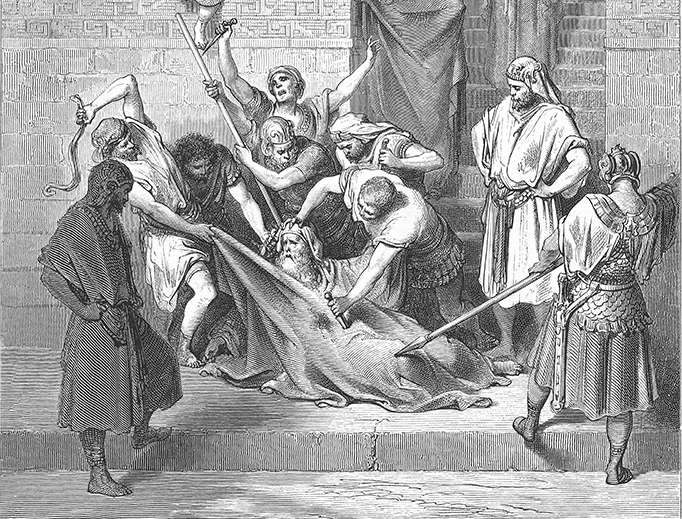

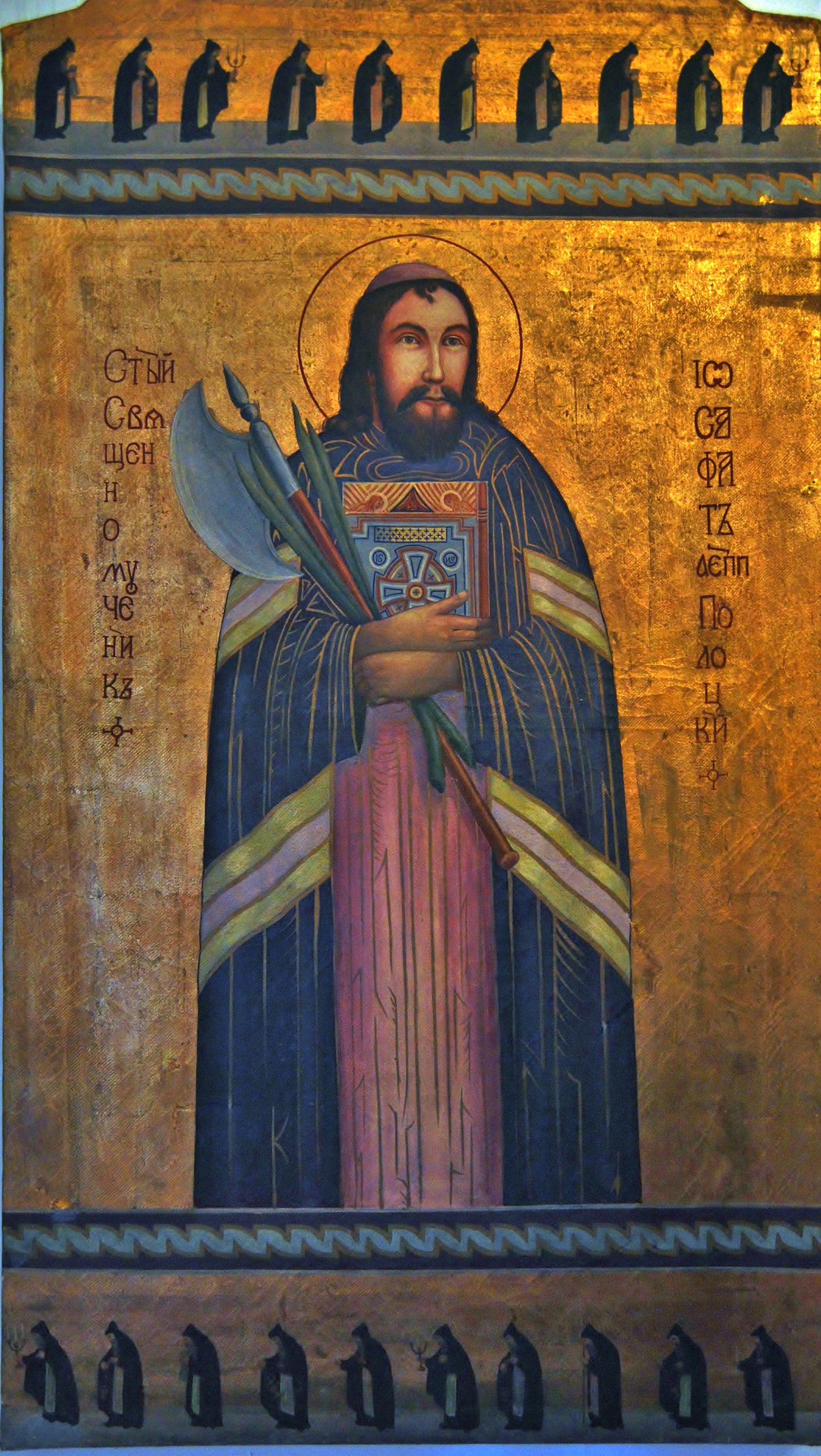
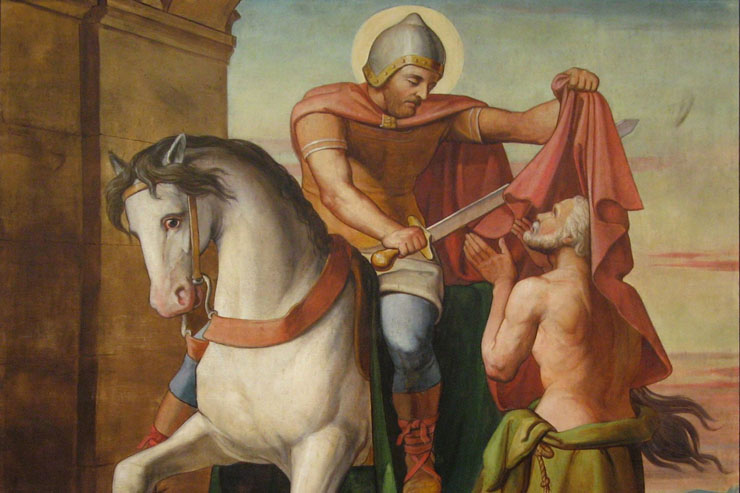
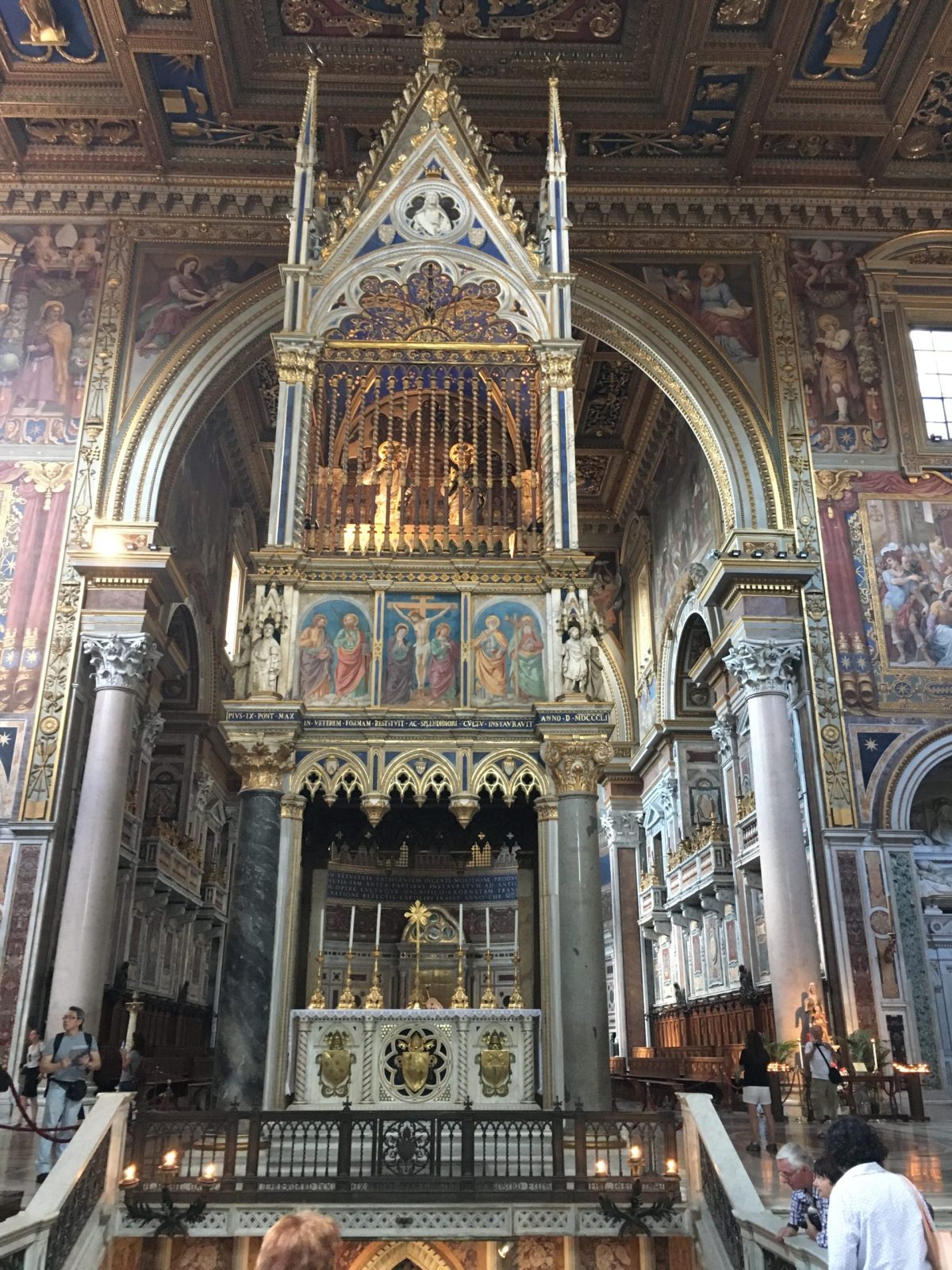
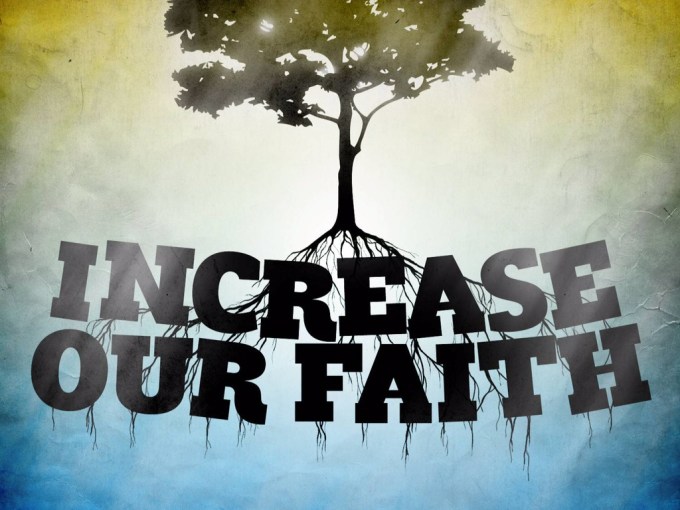
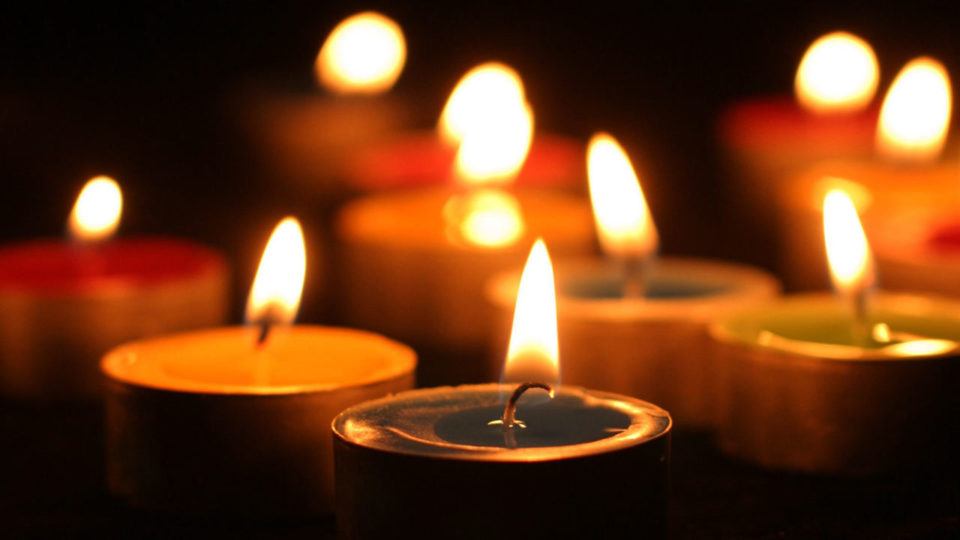

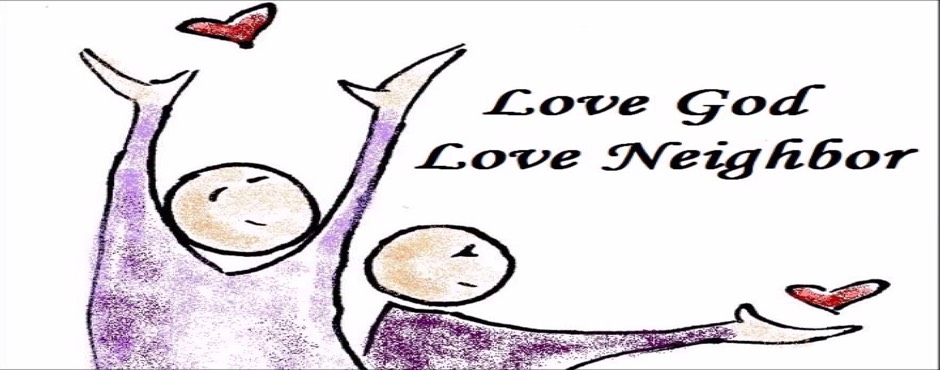
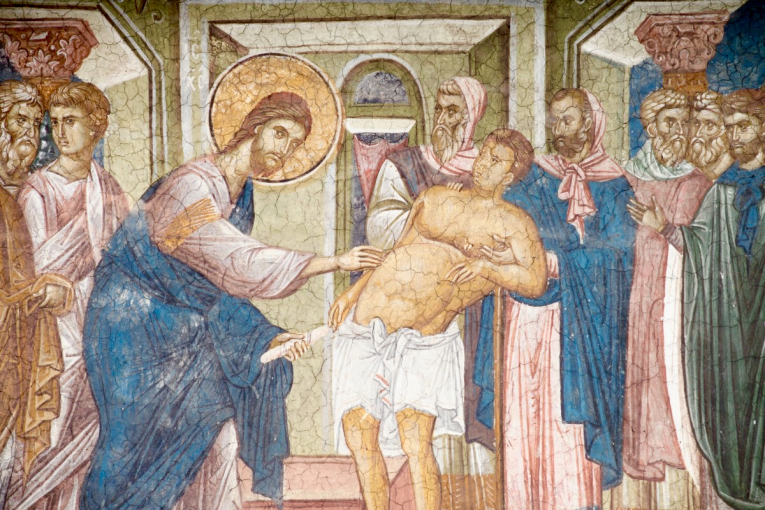
You must be logged in to post a comment.